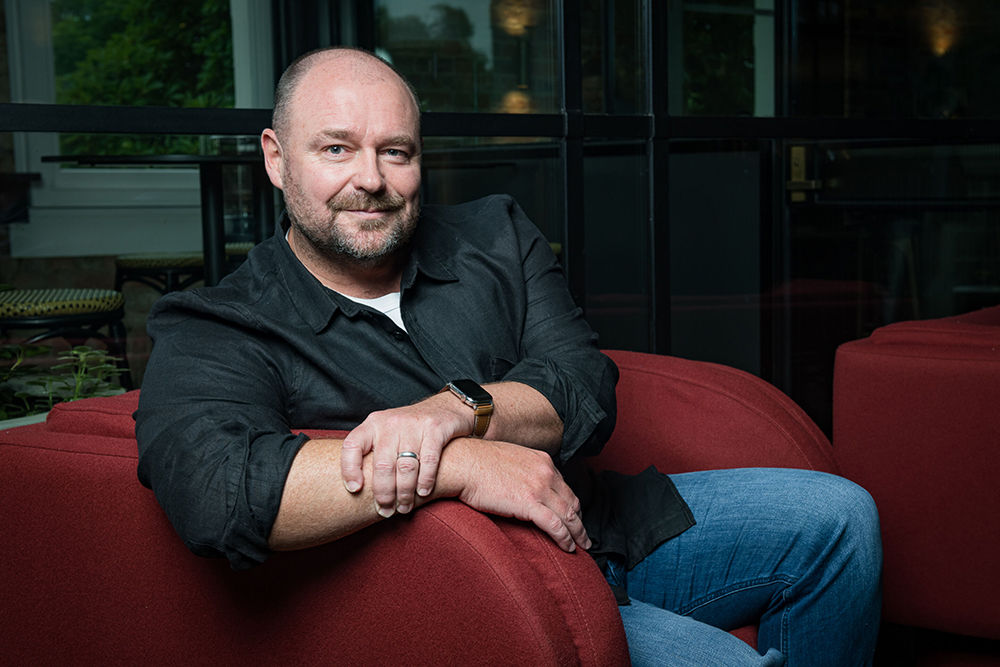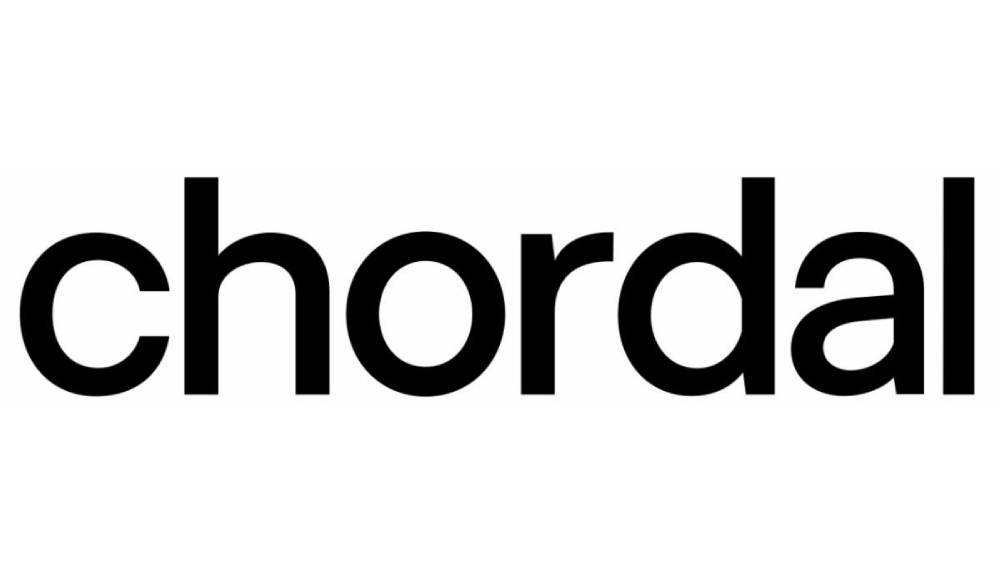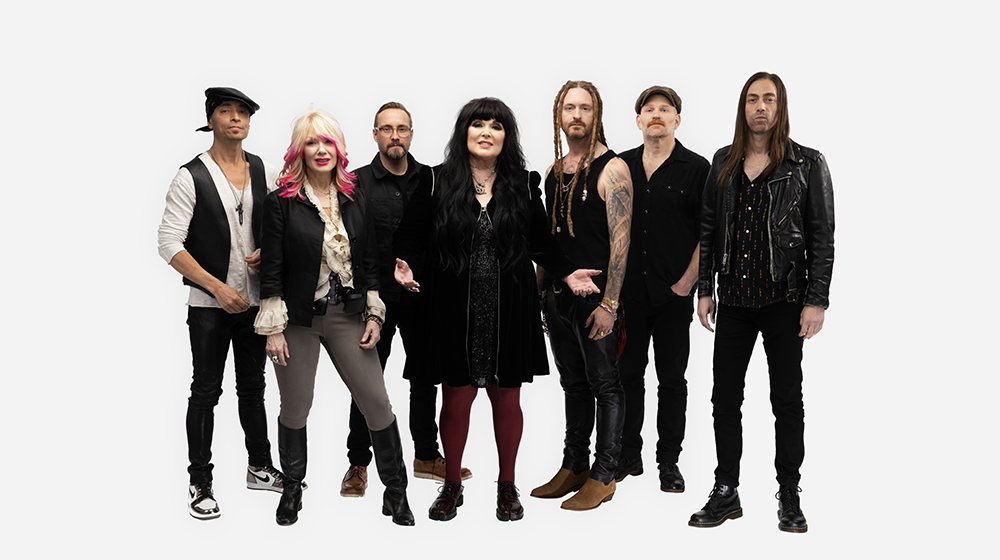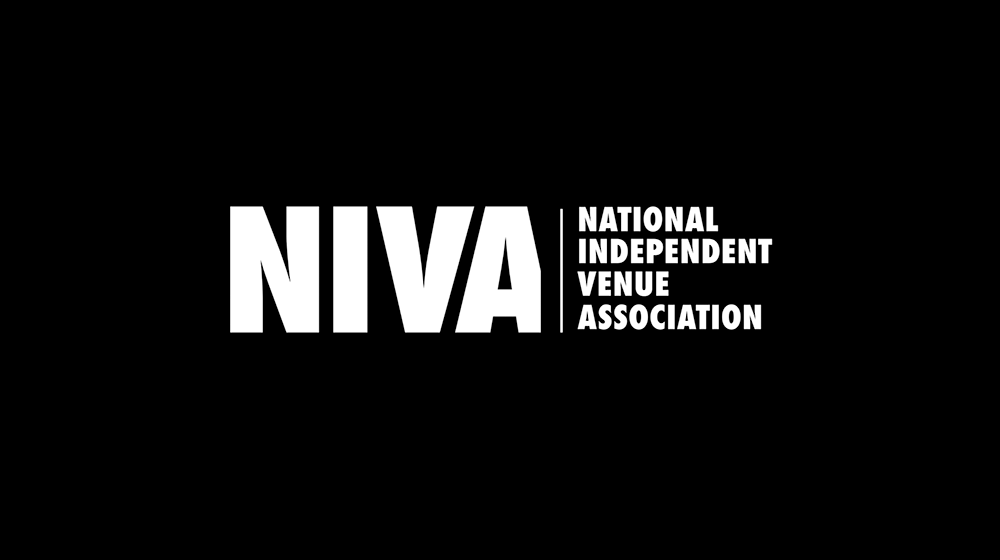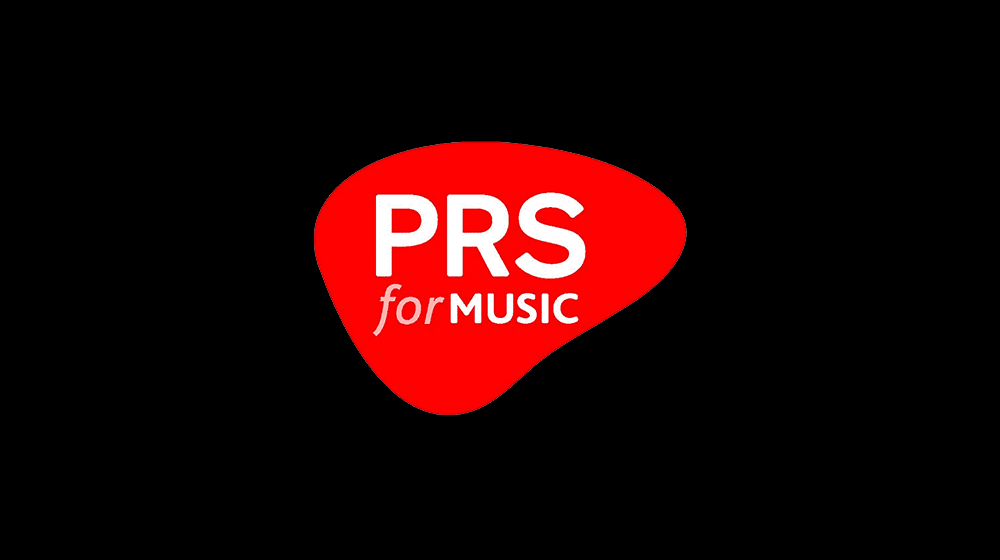
Remember the RAZR? Back in 2003, executives were overpaying to be the first
on their block to sport the ultra-thin mobile device. Then came the
hipsters. And eventually the kids. You could buy a RAZR in different
colors! You could get one for free as wireless companies fought for
customers. Motorola was rolling in dough. Motorola was the dominant player
in American handsets, featuring a market share far into the double digits.
Today Motorola is number four in the U.S. With a measly 6/9% share.
Furthermore, the phones it sells are not expensive and full-featured,
Motorola's barely makes a dent in the smartphone market. Nokia has almost
three times its overall market share, and all the profits are going to Apple
and RIM. Motorola is in turmoil.
Motorola focused on fashion. Doesn't the mainstream media tell us that's
what people care about, especially those pesky kids, who need a new mobile
phone long before their contract is up? You need pink to match your outfit.
Or do you? Suddenly, you want a phone that does something, that has great
usability, that allows you to get your e-mail and surf the Web. Motorola
didn't focus on these features and now the company's in a mobile death
spiral.
Does this remind you of the major labels? Somehow, they believe it's still
about momentary hits. Let's find someone good-looking, put them together
with a beatmaker and convince radio and TV to play their track. Only one
problem… If this paradigm is even successful, almost no one wants the
album. And no one believes the follow-up will be any good.
I read a fascinating story in the "Wall Street Journal" by Terry Teachout.
Entitled "The New-Media Crisis of 1949", it chronicles the advent of TV,
half a century ago.
Everybody who pooh-poohed the new medium was left behind. Fred Allen, a big
radio star…a has-been once TV took over. But radio was better, it
required you to use your imagination! Isn't that like labels telling
customers that CDs are better than MP3s, and you need to buy the album?
Those companies that survived the transition from radio to TV invested
heavily in the new medium, and lost a ton of money in the process. NBC was
losing the equivalent of $116,000 A DAY on their TV network. But once you
could simulcast a show across the country, people not only stopped listening
to radio, they stayed home from movies and bars to watch Milton Berle.
Uncle Miltie was smart enough to transition to the new medium. If you're a
recording act, are you wise enough to do the same thing?
Did you catch Thom Yorke's statement that Radiohead wasn't going to make any
more albums? Just tracks, that they would release when finished? You could
pooh-pooh his ideas, but isn't this the guy who was ahead of the curve when
he left the major label, asked his audience to pay what it wanted and still
sold the CD and MP3s and made a fortune? Much more than he would have made
if he stayed at EMI?
And speaking of EMI…and Universal and Warner and Sony, they're the
antithesis of NBC back in the early days of television. Rather than invest
in the future, take losses in anticipation of making a killing when the
penny drops, they're hemorrhaging brain power and worker bees, all in the
name of paying big execs millions and maintaining profitability (in that
order). No one's doubling down. You don't see Jimmy Iovine forgoing his
salary, setting an example when things are tough, like Rob Katz, Chairman of
Vail Resorts. If record execs are leading by example, they're telling us to
party like it's 1999, that good times are FOREVER! But my bank account says
otherwise. The mainstream media may be talking about a recovery, but
everybody I know is in deep doo-doo.
We're switching to files. It's just a matter of when the transition is
complete. Record companies controlled physical distribution, what have they
done to control online distribution other than to sue file-traders?
They're protecting their old business model. Wouldn't a seer say to start
signing career artists? To not even worry about hits? If the money's in
touring, wouldn't you be interested in a sustained road career rather than a
momentary hit?
The labels have squandered their future, and they are never going to
recover.
But too many of the acts are crying in their beer too. You've got
songwriters lamenting they can't get paid. Sure, the old days were good,
but they're through. Publishers have to go to a percentage rate in order to
facilitate new business models. But they won't, only hurting their fuel,
their writers, who keep the enterprise alive.
It's about an ongoing relationship with fans. Monetizing wherever you can.
Fans want a lot of material. If you're releasing one album every three
years, marketing this same project around the world, banging on the door of
every potential buyer to get him to take notice, you're doing it wrong! The
future isn't about mass, the future is about niche. Swing for the fences at
your peril. Go for the big check and you might lose your audience.
So the power moves to the touring business. And agents and promoters only
care who puts butts in seats. They don't care about your Mediabase numbers,
never mind your SoundScan figures, they want to know how many people are
willing to pay real money to come out and see you. And if it's not many,
they're not interested. Anybody can put their music up on the Net, but not
anybody can get a promoter to take a chance on them. And, live venues are
limited, the same way radio was. Everybody can't play every night and draw
a crowd, there aren't enough people, never mind enough people paying
attention.
So you've got the touring end of the business, Live Nation and Ticketmaster,
trying to survive in the new era. They're selling acts data and
sponsorships. The labels are pushing mysterious radio numbers. Sure, there
are performance royalties involved, but a hit doesn't generate the revenue
it used to, how are you going to help me make money, help me improve my
margins? The labels don't care about this, they just want to tie up 360
degrees of your rights.
Knowing exactly who your fan is, that's the key in the future. And so far,
the acts do it better than the labels. But, if you capture the e-mail
address at the point of ticket sale, and you continue to market to those who
want messages, targeted missives, not spam, you can build something. But
old wave thinking is short term thinking, we haven't got time to invest in
our future, we're focused on the bottom line!
Don't focus on albums, focus on fan relationships. A dedicated fan will
want all the material, in whatever form it can be acquired. He's going to
want the bootleg and the authorized live performance. When you give away
music, you don't lose money, you invest in your future!
The Internet is the new medium. It's not only killed physical retail, it's
put a huge dent in radio and now television. To try to corral people into
old behaviors is as fruitless as getting people to refrain from buying
televisions in 1949.
We live in an attention economy. How can you get someone's attention and
keep it? Advertising doesn't work. And train-wrecks and spectacles get no
repeat viewing. You've got to start small and honest, the antithesis of
major media, who try to dun us into paying attention with their saturation
advertising campaigns. HELLO! WE'RE NOT PAYING ATTENTION!
Who says the revenue generating transaction must be for recorded music on a
disc. Didn't Radiohead sell an expensive collectible box of "In Rainbows"
two years ago? Why aren't labels selling collectives on everything?
Because people don't want a collectible of the crap being purveyed on Top
Forty, it's got no intrinsic value.
So know that if you're an act, you've got start slow and small. And sans
perseverance, you'll have no success. You've got to develop, not only your
marketing, but your music. No one can predict when you'll break through,
nor what will cause your breakthrough. Could be a track, could be a show,
you've got to try things, always asking yourself what your fans desire.
In 1949, the public no longer desired radio.
In 2009, the public no longer desires CDs and commercial music radio.
Rather than try to prop up the old, invest in the new.
http://online.wsj.com/article/SB10001424052970204683204574357332713730174.html


























